It’s been a cruel summer. The weather has been punishing both in terms of what we think of as summer in New England and because of the flooding destruction to communities across Vermont and the northeast. We’ve watched Maui go up in flames, watched Japan weather intense flooding, and we’ve seen hurricanes pound coastal communities as the imbalance in our climate and the world’s ecosystems goes tragically awry. Locally, I’ve watched the undoing of our state’s endangered species protections at a small local airport, where we’ve decided to take habitat from the Grasshopper Sparrow, a species on the edge, and convert it to serve our human needs in the hopes of injecting the local economy.
The time is now for deep reflection and exacting action. But we need to flip the script that we’ve been using, even as informed conservation-minded citizens of the world. Full disclosure: I’m tired of the same campaigns, messaging, and self-serving approach to bird conservation, climate change, water quality - whatever the environmental cause, our approach and our mindset are tired.
I’m tired, too. Tired of repeating the same things. I'm tired of clinging to messaging like the 3Rs - reduce, reuse, recycle as I watch videos of 80 metric tons of plastics being scooped from the ocean in one day. I’m tired, but I’m not done yet.
My slow birding practice has broken open my well-intentioned objectification of birds and brought me into a place of relationship. Visiting the same places consistently, sitting as witness and in contemplation, has changed me. It has changed how I perceive my place in the landscape and, ultimately, my values. Birds become an anchor to focus my attention and my awareness, helping me nurture, create, and form relationships and shed even my best conservation ego.
We are out of sync with the natural world and have forgotten what it means to be in relation to others: humans, non-humans, and ecosystems. We need a profound mindset shift to see and feel our kinship and understand the agency and value of all beings, the land and water.
I’m proposing and practicing a new set of Rs. These practices have become clear to me through my slow birding work and my growing understanding of the collective mindset that we desperately need worldwide.
Relational thinking is the foundation for a new era of connection and conservation. The deeply rooted and tragically flawed dominant worldview needs to be dismantled. We need a returning, a remembering of what it’s like to feel connected and in community with each other, with the land, with the birds, with all beings. It’s a massive shift in the present thinking, but it’s been there all along; we need to tap back into it.
For me, it starts with a new set of Rs. I share them with you here and invite you to share your thoughts in the comments below about what we need to create a new era of conservation.
Relational ~ Many of us, through our love of birds (or trees, or butterflies, or clean water), have founded our conservation values by objectifying wildlife, landscapes, water, and climate. We have identified and counted, passed laws to protect species, and placed easements on land to stave off development. But - we continue to think of ourselves as separate, as more deserving of resources, so our well-intentioned guidelines and laws crumble when we think we need more. Thinking of ourselves as equal to other beings, of all living beings as kin and the land as kith, will be a powerful transformative return to a mindset that is the foundation of this next era in conservation.
Reciprocity ~ With any healthy relationship comes reciprocity, a cycle of gifting and receiving. This is very different to me than giving and taking. When we start with relational thinking, we can welcome, recognize, and participate in reciprocity. Slowing down, pausing, sitting with birds and the landscape is a gift. It is also selfishly good for me, as many health and wellness studies have shown, but my stillness and attention are also a practice of giving back. Attention is a powerful part of a relationship. We can tell when it is lacking, and we know how it feels to be genuinely witnessed, held, and valued. When we are in relation and practicing reciprocity, our acts of conservation take on a whole new intention and meaning.
Responsibility ~ This one has been on my mind so much this summer. There is a subtle arrogance to conservation strategies that allows us to set ourselves at the top of the pyramid and force the role of decision-maker on other beings and the landscape. I’m most curious about how to weave the threads of relations and reciprocity into an evolved sense of responsibility. This act of responsibility is without selfishness but rather a synthesis of being in relation to others, showing kindness and care as one would with a person who is beloved.
“It seems that we need a concerted educational effort aimed at both adults and children about how “humans affect nature and nature affects humans,” as Enrique Salmón says. Most industrialized people seem to have forgotten their interdependency despite the fact that “their spiritual, physical, social and mental health depends on the ability to live harmoniously with the natural world.””

